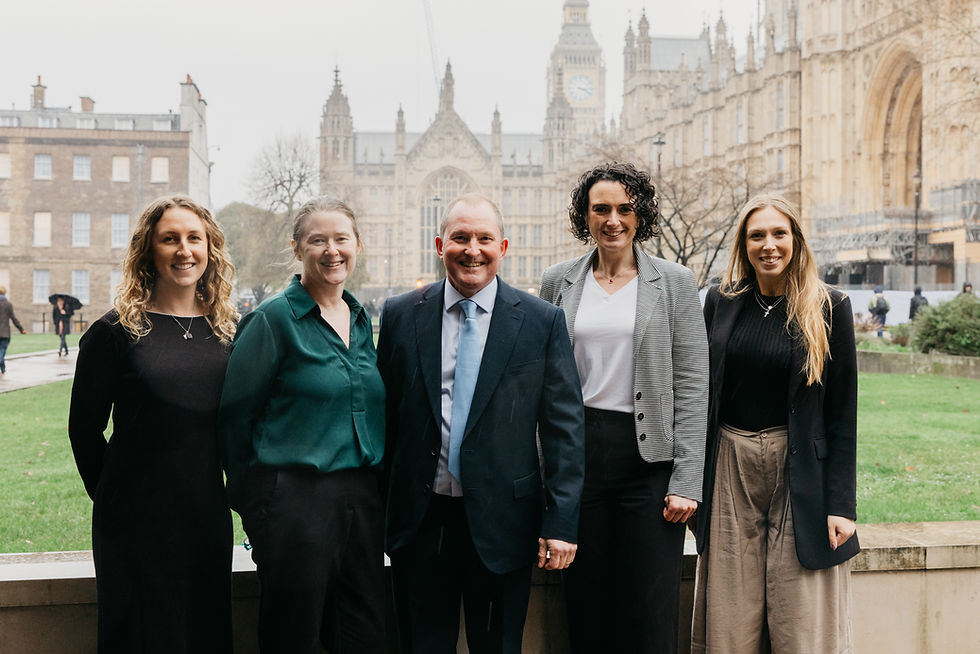- Mar 31, 2025
- 2 min read

A Dundee academic has been awarded a prestigious national prize for his work on neurodegenerative diseases, including Parkinsons.
The University of Dundee’s Professor Ian Ganley was awarded the 2025 Hooke Medal from the British Society for Cell Biology (BSCB) at a ceremony in Liverpool.
Professor Ganley, from the University’s MRC Protein Phosphorylation and Ubiquitylation Unit (MRC-PPU), was recognised for his lab’s work into understanding autophagy.
Autophagy is a “self-eating” pathway inside a cell which stops damaged and potentially toxic cellular components building up – a dysfunction found within many diseases, including Parkinson’s.
Professor Ganley’s team has focused on one particular cellular component called mitochondria, and how damaged mitochondria impact the brain. Accumulation of damaged mitochondria can contribute to Parkinson’s disease, however accurately measuring these components has been a significant challenge to scientists for many years.
Through their research, Professor Ganley and his team have developed a tool called a mito-QC, which causes damaged mitochondria to be shown as a red colour under the microscope, meaning scientists can track them in a way that was not previously possible.
This revolutionary technology has since been licensed to multiple pharmaceutical companies, as well as being used in hundreds of research labs worldwide.
Using this tool the team were also able to identify potential drugs which can target this pathway, and pharmaceutical companies have been able to design their own drugs using this technology, some of which are now in clinical trials.
Professor Ganley said,
“This process is implicated in many diseases, particularly in Parkinson’s. We’ve shown we can find it and now target it with clinical drugs.”
The Hooke Medal is awarded every year by the BSCB and recognises an emerging leader in cell biology who has made an outstanding contribution to UK Cell Biology. It was presented by Professor Laura Machesky, current president of the British Society for Cell Biology.
Professor Ganley added, “I’m humbled to be placed among the many great scientists who have received this award.
“Science is very much a team effort. While it’s myself who is named on this medal, it represents all of the fantastic collaborative work of everyone in the lab, the support of the School of Life Sciences, and of the wider University too.”
As well as collecting his medal, Professor Ganley gave a presentation outlining his work at the ceremony.
Professor Dario Alessi, Director of MRC-PPU, said,
“I am absolutely thrilled for Ian and his exceptionally talented, dedicated research team on receiving this highly prestigious award. Their work has significantly advanced our understanding of the machinery that regulates autophagy and mitophagy, shedding light on their critical links to human diseases such as Parkinson’s."
“The Mito-QC technology developed by Ian’s group has not only revolutionized the assessment of mitophagy but has also become a widely adopted tool, utilized by hundreds of research teams worldwide.”






